This post is the first in a four part symposium on the Cuban Missile Crisis, one of the the most studied cases of IR. With the release of documents in recent decades, historical revisions have challenged the received wisdom informed by mainstream...
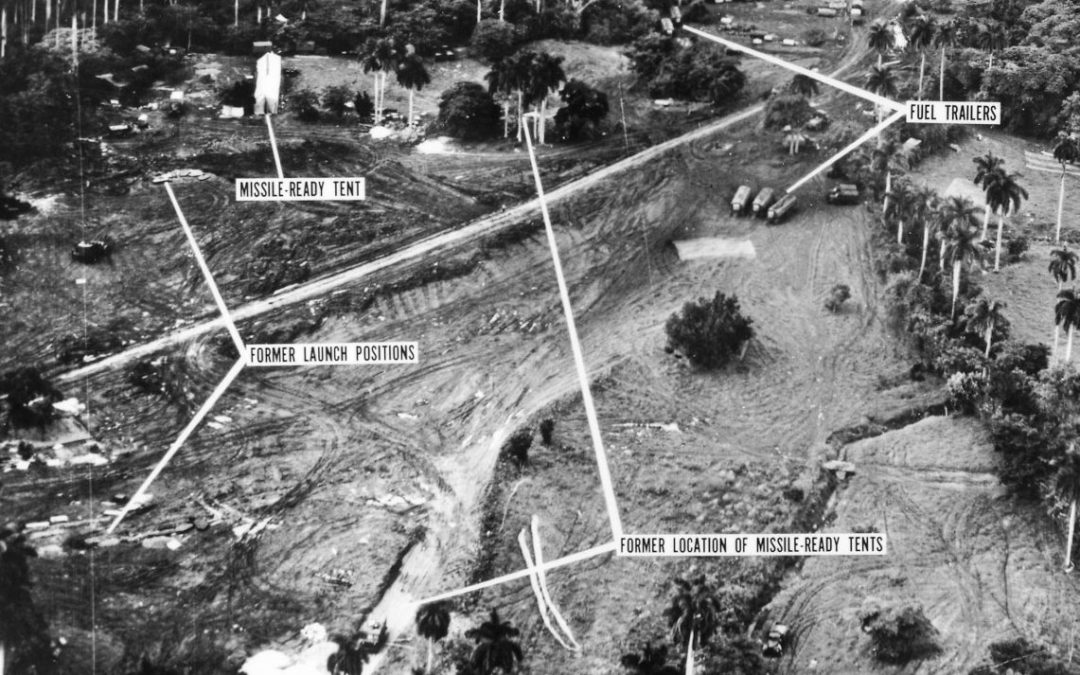

This post is the first in a four part symposium on the Cuban Missile Crisis, one of the the most studied cases of IR. With the release of documents in recent decades, historical revisions have challenged the received wisdom informed by mainstream...
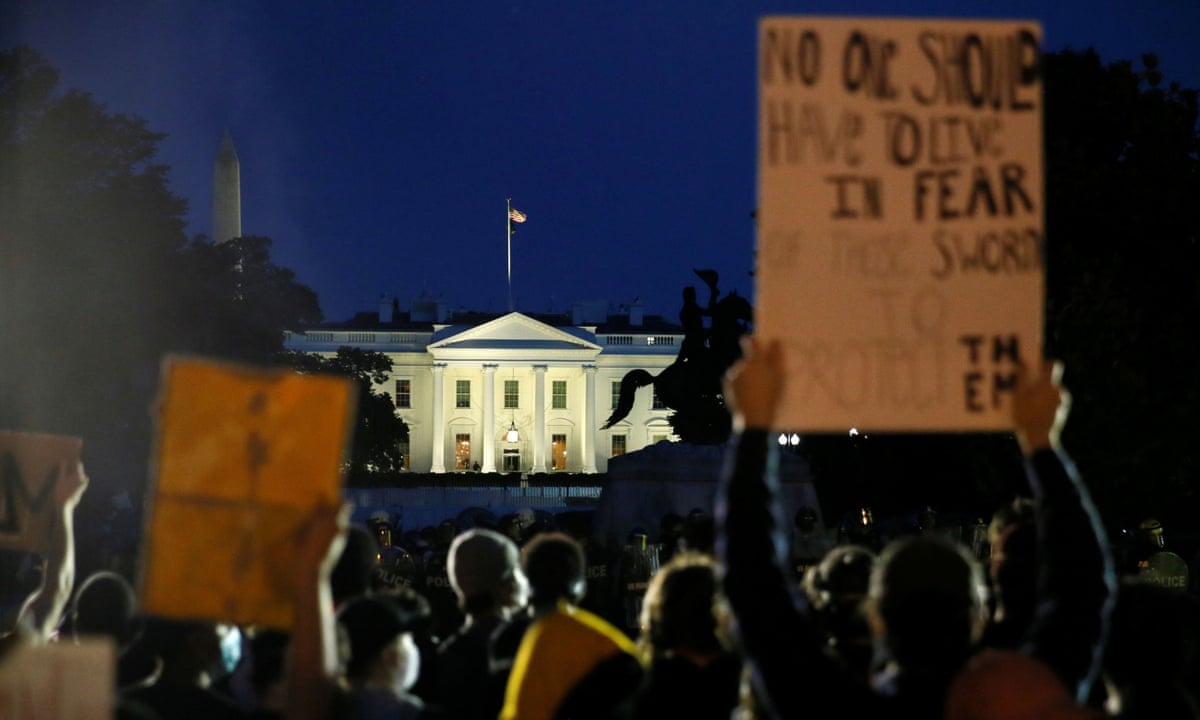
This is a guest post from Manuel Reinert, a PhD candidate in international relations at American University and consultant with the World Bank. As the COVID-19 crisis illustrates, international...
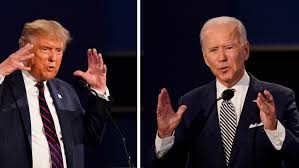
This is a guest post from Ryan Beasley, Senior Lecturer at the University of St Andrews, with research interests in political psychology and foreign policy: Juliet Kaarbo, Professor at the...
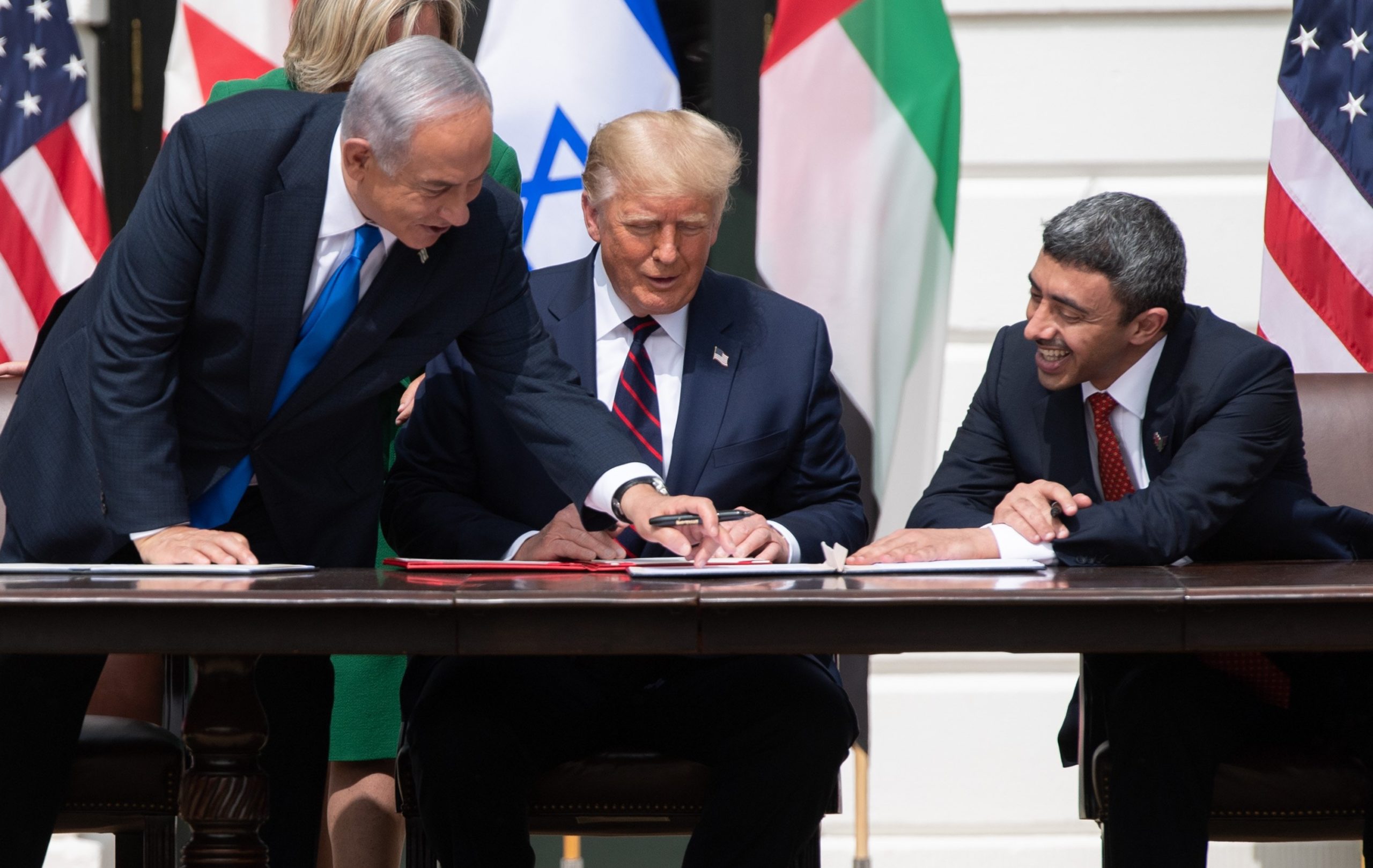
In September, the UAE and Israel signed "the Abraham Accords," normalizing relations between the UAE and Israel. The Trump Administration presented this as if it was equivalent to the Camp David...
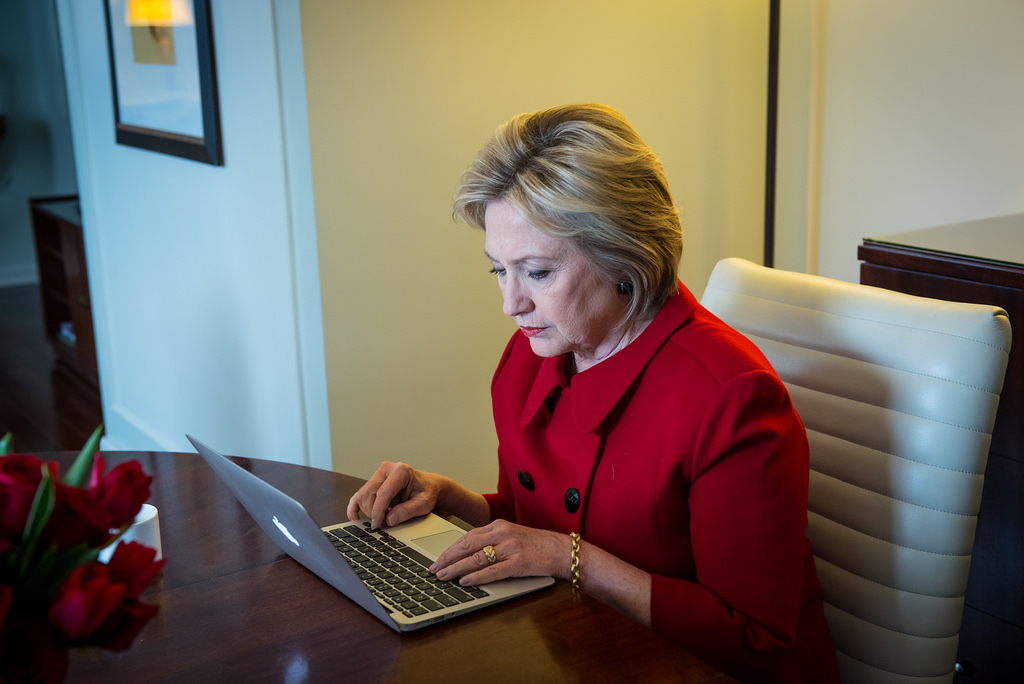
This post is a co-authored piece: Heather M. Roff, Jamie Winterton and Nadya Bliss of Arizona State's Global Security Initiative We’ve recently been informed that the Clinton campaign relied heavily on an automated decision aid to inform senior campaign leaders about likely scenarios in the election. This algorithm—known as “Ada”—was a key component, if not “the” component in how senior staffers formulated campaigning strategy. Unfortunately, we know little about the algorithm itself. We do not know all of the data that was used in the various simulations that it ran, or what its...
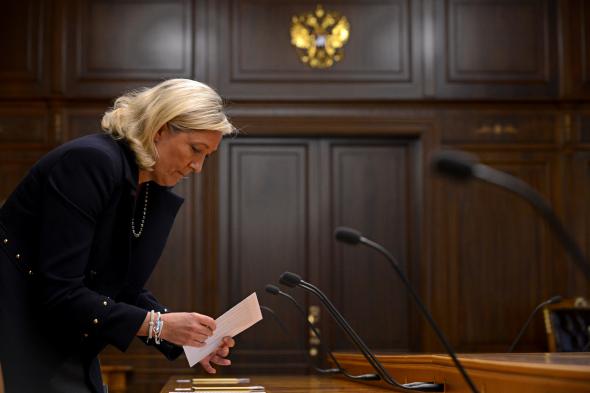
After Donald Trump won the elections in the US, Twitter was abuzz with the picture of potential UN Security Council country leaders that included Theresa May, Donald Trump, Vladimir Putin, Xi Jinping and Marine Le Pen. So now all eyes are on France and its upcoming presidential elections. The possibility of ‘Frexit’ in case of Le Pen’s win is alarming enough, but Russia is also on the agenda. Russian-French relations have been strained since the beginning of the Ukraine crisis, but have got even worse after President Hollande accused Russia of war crimes in Syria that purportedly prompted...
This World Politics in a Time of Populist Nationalism (WPTPN) guest post is written by Phil Arena, a Lecturer at the University of Essex. He has previously held positions at the University of Rochester and the University at Buffalo. His primary interests are interstate conflict and the links between domestic and international politics. His research has appeared in International Studies Quarterly, Journal of Conflict Resolution, Political Science Research and Methods, International Theory, Journal of Theoretical Politics, and elsewhere. He used to maintain a blog at fparena.blogspot.com,...
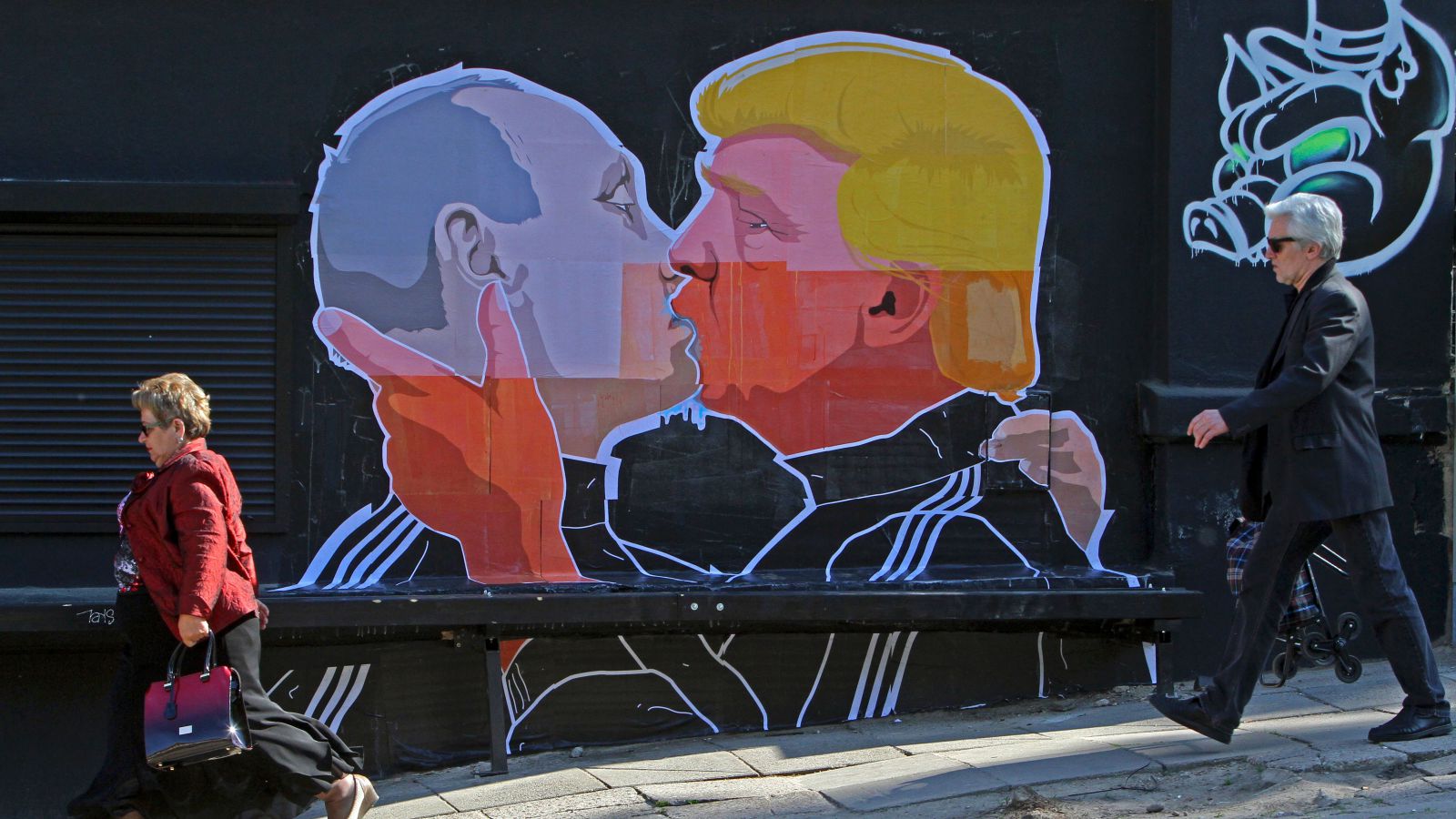
‘I want to ride around Moscow with an American flag in my car. If I find one. Join me! They have earned it'. If you were wondering who else was celebrating Trump’s win, it was the Editor-in-Chief of Russia Today Margarita Simonyan. Overnight, a deep-seated Russian Anti-Americanism and disbelief in American democracy was turned into almost unending love, although Russian Prime-Minister Medvedev still finds the name ‘Americano’ too unpatriotic for coffee and proposed to rename it into ‘Rusiano’. The US election results came as a big surprise in Russia as well. According to many sources, most...
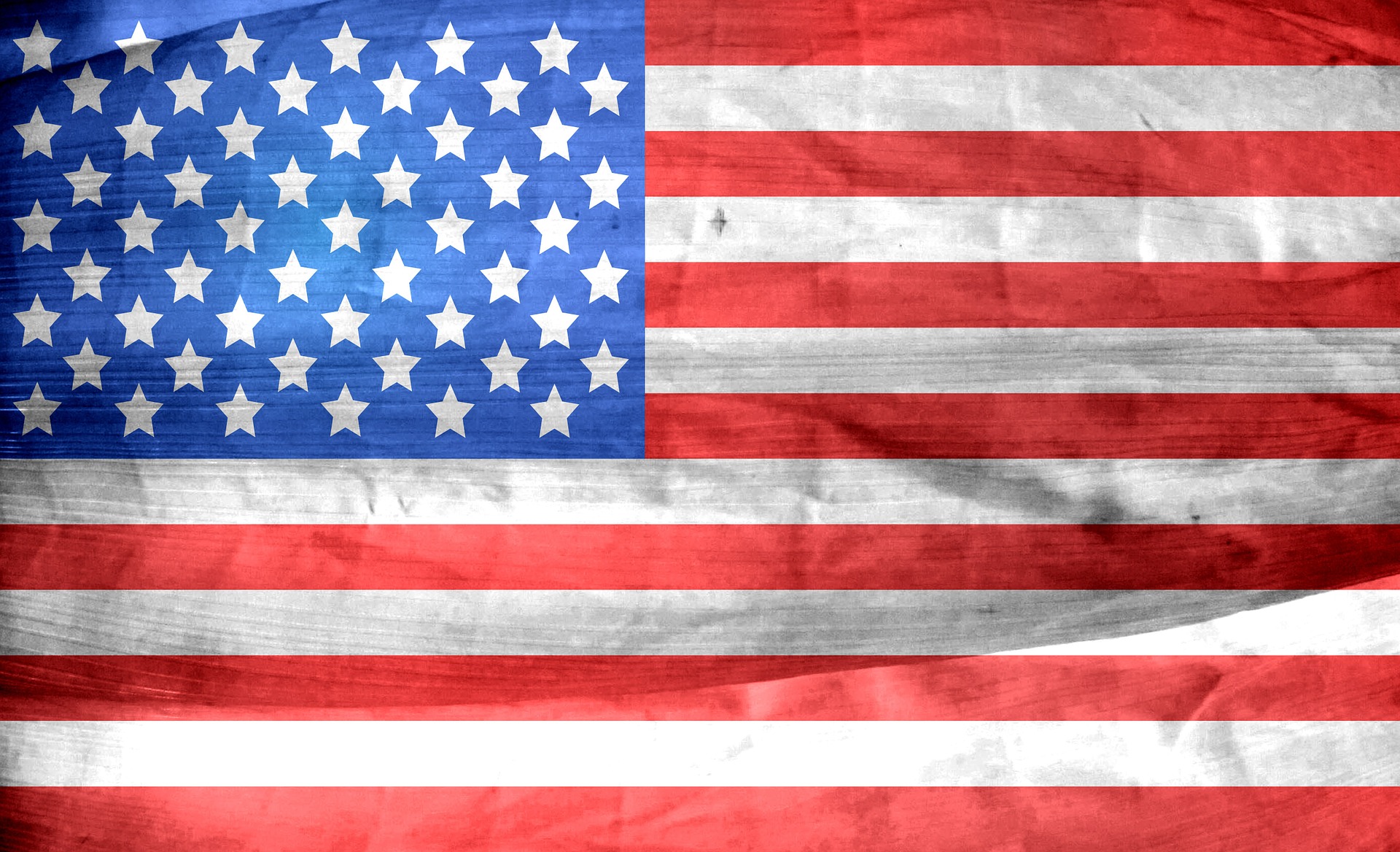
Trump’s election may amount to an inflection point in the institutional fabric of our political system. I do not simply mean our domestic republican institutions. I also mean the broadly liberal-republican international order constructed after World War II. Indeed, these two sets of institutions are profoundly bootstrapped to one another. This dual threat amounts to the greatest challenge to the American experiment since the early years of the Cold War.
This is a guest post by Eric Grynaviski, an Associate Professor of Political Science at International Affairs at George Washington University. He is the author of Constructive Illusions (Cornell, 2014) .He studies sociological approaches to cooperation and conflict, and international ethics. Over the last few days, protestors have taken to the streets to combat what they believe is an evil power that will soon occupy the White House. The problem of evil has featured in rhetoric about this election, in fact, for months, as featured in the Washington Post commentary on the election. The tropes...

Well, that was unexpected. But it’s happened. The question now is, how will the election of Donald Trump change international relations? That question itself is overwhelming on multiple levels. There are Trump’s personal international business ties, unparalleled in modern American political history. There’s his wariness of multilateralism and diplomacy. There’s his stated intention to go after China. There’s Trump’s lack of experience in international relations, which suggests that his advisers are likely to be even more important (and the names of people being bandied about for top...
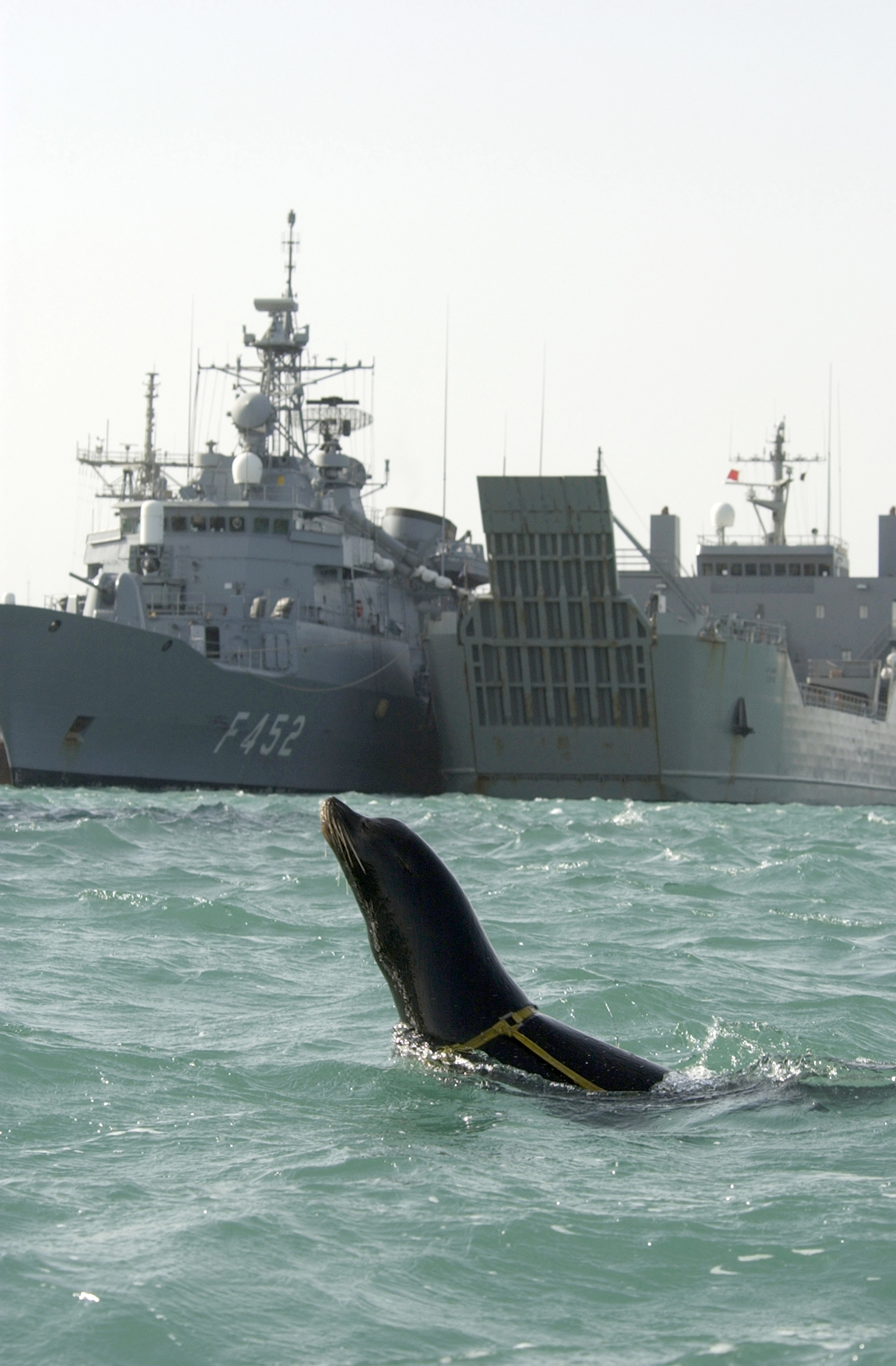
Last week I was able to host and facilitate a multi-stakeholder meeting of governments, industry and academia to discuss the notions of “meaningful human control” and “appropriate human judgment” as they pertain to the development, deployment and use of autonomous weapons systems (AWS). These two concepts presently dominate discussion over whether to regulate or ban AWS, but neither concept is fully endorsed internationally, despite work from governments, academia and NGOs. On one side many prefer the notion of “control,” and on the other “judgment.” Yet what has become apparent from many...